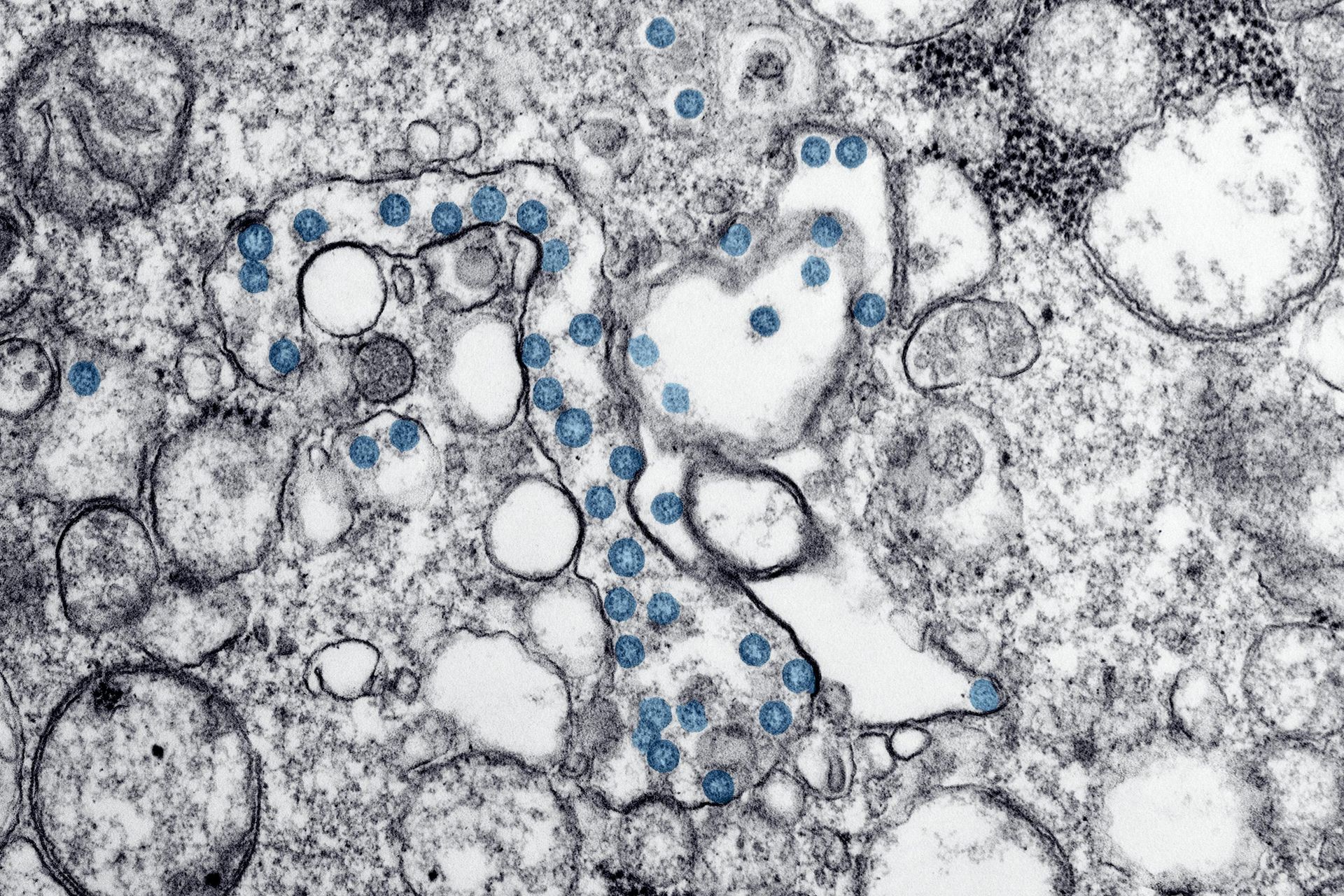the good doctor on: Not all Macular Degenerations are Alike

Blog Vol. II.25, Not all Macular Degenerations are Alike.
In previous blogs I have discussed vision loss, a topic close to my heart. One of the biggest causes of vision loss in North America is macular degeneration. Back in the late ’80s, there were staggering projections for the incidence of macular degeneration with the aging population. That was one of the main reasons why I completed a one-year residency on Low Vision at Waterloo University, to help with the oncoming wave. Thankfully, new research and treatments reduced the number of people losing sight. Changes in behaviour like eliminating smoking, wearing UV protection, and taking antioxidants, as well as new treatments with Anti-VGEF injections, were critical in this trend. I still practiced low vision, but fortunately, with far fewer patients.
So now we can slow down the progress of “Dry” macular degeneration and we can stop the devastating effects of the “Wet” form of the disease, but there is one type that still has eluded us and continued to wreak havoc: the “Geographic” form. It is called geographic atrophy and it is a devastating form of macular degeneration. Changes in diet and behaviour do not seem to help this form of atrophy. Recently, details from research at the University of Virginia with Dr. Jayakrishna Ambati and his collaborators have found a possible help for this condition, which is so hopeful.
The atrophy is devastating because it continues to spread and affect a large area of the central retina (essential for sight), making visual aids such as magnifiers difficult if not impossible to use. Dr. Ambati discovered that the cells at the retinal level had a large buildup of a toxic substance called Alu DNA. It came as a surprise to him that this substance was being manufactured in the cell’s cytoplasm, unlike most DNA that is only made in the cell’s nucleus; this was not expected and may be the key, or a key, to finding an effective treatment. This high concentration of Alu DNA triggers harmful inflammation and eventual death of the cells, all bad.
The good news is that studies with HIV drugs showed a reduction in the development of existing dry macular degeneration by up to 40 %. A class of these HIV drugs, Kamuvudines, could block the harmful inflammation in geographic macular degeneration and protect against retinal cell death. Fantastic. He hopes that clinical trials with this drug start soon.
In the meantime, studies are showing a reduction in dry macular degeneration when taking high doses of omega 3 supplements. Could there be a possible tie-in with the inflammatory process in the retinal cells and the protection that these fatty acids can bring?
Let the trials begin,
Til Next Week,
the good doctor, Dr. Mark Germain, Burlington Optometrist






